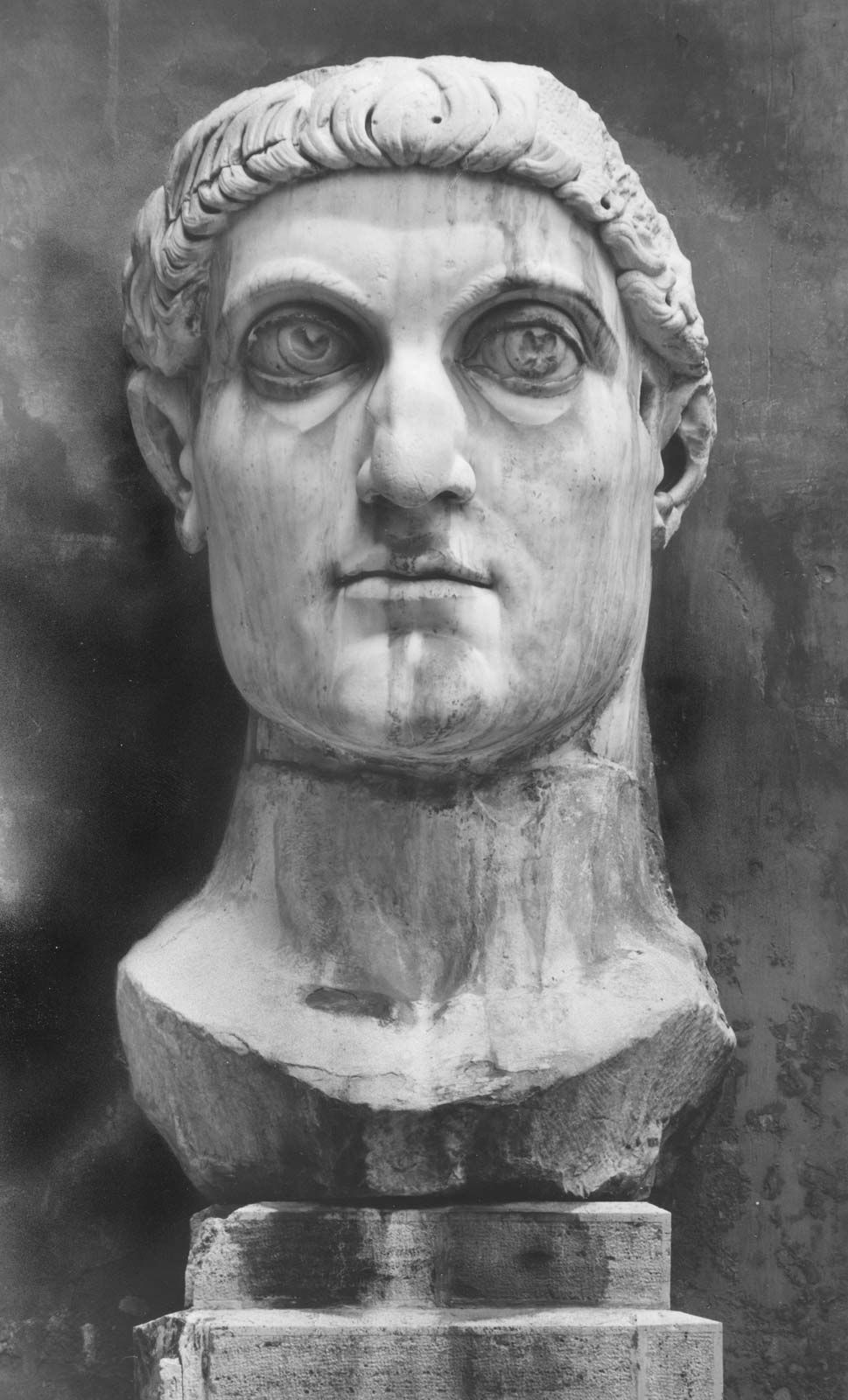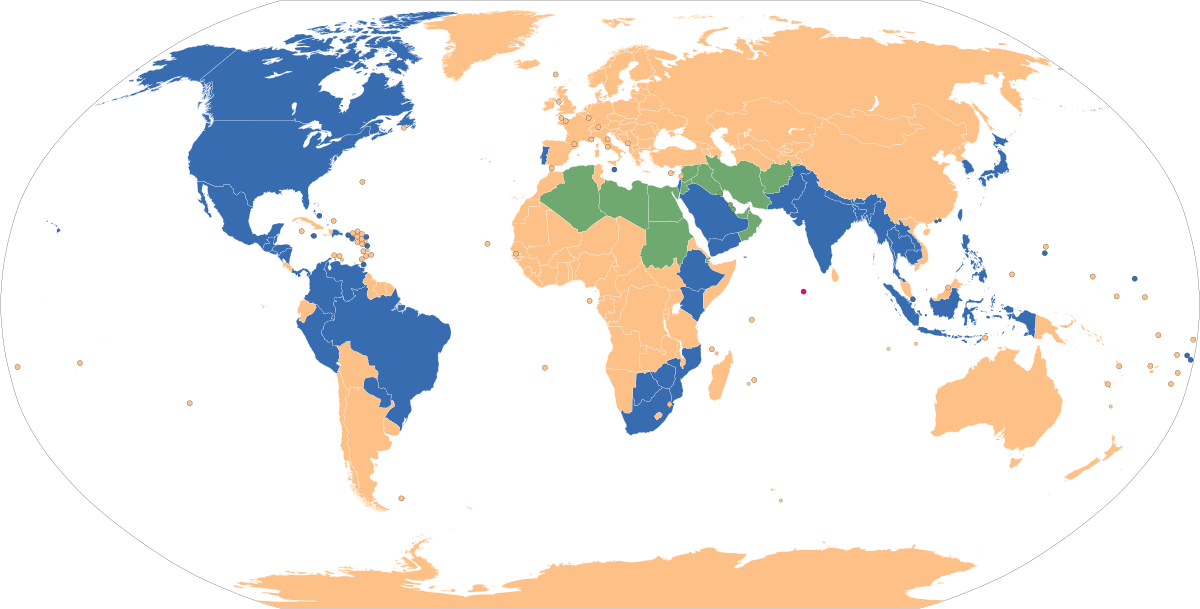IndigoChild5559
Loving God and my neighbor as myself.
Misinformation about Constantine abounds on the internet and elsewhere. Perhaps the most damaging, most inaccurate source is the book, "Constantine's Sword." But you can be watching i.e. a simple YouTube video on art history, and someone might say that Constantine made Christianity the religion of the Roman empire (one of the many false claims). I would like to set the matter straight.
The man is known for only three things that had any impact on the Christian church.
1. He issued the edict of Milan in 313 that removed all the penalties for being a Christian, ending the persecution.

 www.britannica.com
www.britannica.com
2. He established a seven day week in 321, and made the first day a holiday, which made it easier for Christians, who were gathering on the first day to break bread.

 en.wikipedia.org
en.wikipedia.org
3. He called the Council of Nicea in 325 so that the bishops would work out the issue that was dividing them, because he knew that a united church made it easier for him to govern his empire.

 en.wikipedia.org
en.wikipedia.org
What he did NOT do:
A. He did NOT make Christianity the state religion. That was actually done by Theodosius, who came a couple of emperors down the road.
B. He did NOT influence the council of Nicea. Constantine's preference was actually for Arianism, and as we all know, it was the Trinitarians who won out at the Council. The only people who had a say in the Council were the bishops. He was the emperor, not a Christian bishop, and had no say in the decision.
C. He did NOT have anything to do with the formation of the Chrsitian canon of the New Testament, either directly, or indirectly by influencing those who did. The ecumenical councils that formed the canon happened decades after his death in 337 CE. The canon was first formed at the council of Rome in 382 at the Council of Rome. It was then reaffirmed by the councils of Hippo in 393 and Carthage 397, and then definitively reaffirmed by the ecumenical Council of Florence in 1442 and the council of Trent in the 16th century.
Constantine himself, although he was very soft on Christianity, did not actually become a Christian until near death. When he was finally baptized, it was by an Arian bishop, not Trinitarian.
The man is known for only three things that had any impact on the Christian church.
1. He issued the edict of Milan in 313 that removed all the penalties for being a Christian, ending the persecution.

Edict of Milan | Description, History, & Facts
Edict of Milan, proclamation that permanently established religious toleration for Christianity within the Roman Empire. It was the outcome of a political agreement concluded in Mediolanum (modern Milan) between the Roman emperors Constantine I and Licinius in February 313.
2. He established a seven day week in 321, and made the first day a holiday, which made it easier for Christians, who were gathering on the first day to break bread.

Week - Wikipedia
3. He called the Council of Nicea in 325 so that the bishops would work out the issue that was dividing them, because he knew that a united church made it easier for him to govern his empire.

First Council of Nicaea - Wikipedia
What he did NOT do:
A. He did NOT make Christianity the state religion. That was actually done by Theodosius, who came a couple of emperors down the road.
B. He did NOT influence the council of Nicea. Constantine's preference was actually for Arianism, and as we all know, it was the Trinitarians who won out at the Council. The only people who had a say in the Council were the bishops. He was the emperor, not a Christian bishop, and had no say in the decision.
C. He did NOT have anything to do with the formation of the Chrsitian canon of the New Testament, either directly, or indirectly by influencing those who did. The ecumenical councils that formed the canon happened decades after his death in 337 CE. The canon was first formed at the council of Rome in 382 at the Council of Rome. It was then reaffirmed by the councils of Hippo in 393 and Carthage 397, and then definitively reaffirmed by the ecumenical Council of Florence in 1442 and the council of Trent in the 16th century.
Constantine himself, although he was very soft on Christianity, did not actually become a Christian until near death. When he was finally baptized, it was by an Arian bishop, not Trinitarian.
